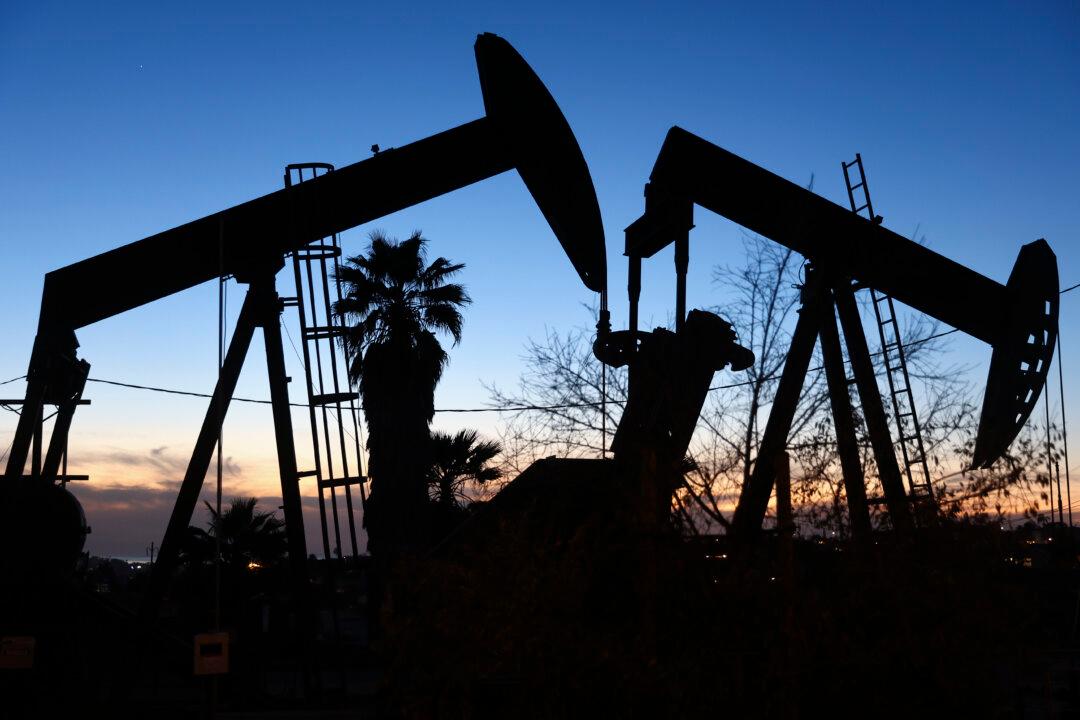When you pull aside the curtain of its moral pretensions, the green movement of global warming fanatics is just another socialist scheme to replace the free enterprise’s real-world judgment of how to navigate the economic long term with coerced, illegitimately law-enforced faith in government control.
There’s one preeminent tool that players in the economy—meaning all of us—use to transact honestly and productively with one another: price. And today, we face a price crisis.





